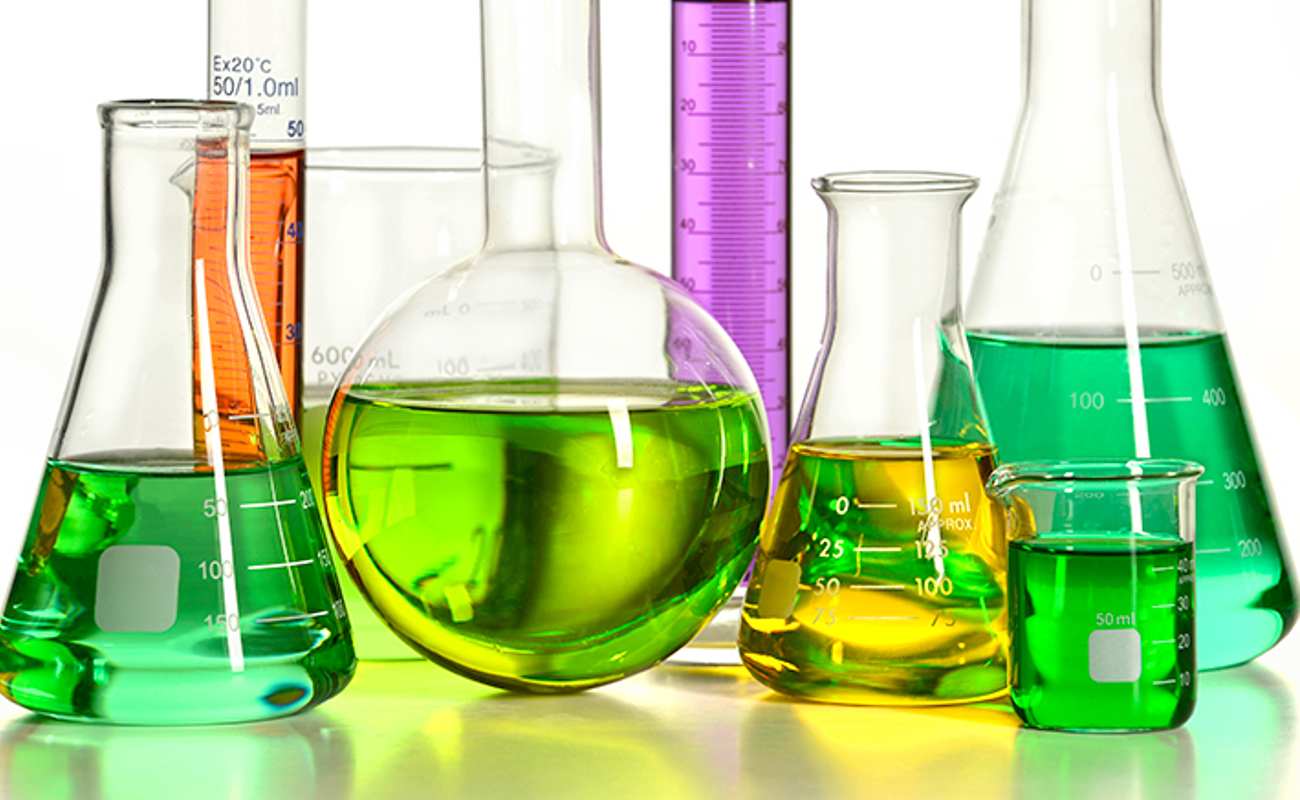Important points to be considered for selecting solvents in different applications
Solvent selection is an important consideration in various chemical processes, such as synthesis, extraction, and purification. The choice of solvent can have a significant impact on the efficiency and yield of the process, as well as on the safety and environmental impact.
When selecting a solvent, it is important to consider the following factors:
· Solubility: The solvent should be able to dissolve the desired compound or mixture of compounds. In some cases, a mixture of solvents may be necessary to achieve the desired solubility.
· Compatibility: The solvent should be compatible with the other components of the system, such as the reaction vessel and any catalysts or reagents used.
· Safety: The solvent should be non-toxic and non-flammable, and should have a low vapor pressure to minimize the risk of fire or explosion.
· Environmental impact: The solvent should have a low environmental impact and should be easily recyclable or biodegradable.
· Cost: The solvent should be cost-effective and readily available.
Some common solvents used in various chemical processes include:
· Water: Water is a universal solvent and is often used in aqueous chemistry. It is relatively inexpensive, non-toxic and biodegradable, but it is not suitable for dissolving many organic compounds.
· Organic solvents: Organic solvents such as methanol, ethanol, and acetone are often used in organic chemistry. They are generally more effective at dissolving organic compounds than water, but they may be flammable, toxic, and have a higher environmental impact.
· Supercritical fluids: Supercritical fluids such as carbon dioxide and propane are used in supercritical fluid extraction (SFE) and supercritical fluid chromatography (SFC). They are non-toxic, non-flammable, and have a low environmental impact, but they require specialized equipment and are more expensive than other solvents.
· Ionic liquids: Ionic liquids are a class of solvents that are composed of ions rather than molecules. They have unique properties such as very low vapor pressure and high thermal stability, making them suitable for certain applications where conventional solvents are not suitable. However, they are relatively expensive and not yet widely used.
It is important to note that the choice of solvent is highly dependent on the specific application and the desired outcome. In some cases, using a combination of solvents or using a solvent with a specific property (i.e. polar or non-polar) may be necessary to achieve the desired outcome. Additionally, it is important to consider the safety and environmental impact of the solvent and to follow proper handling and disposal procedures.

